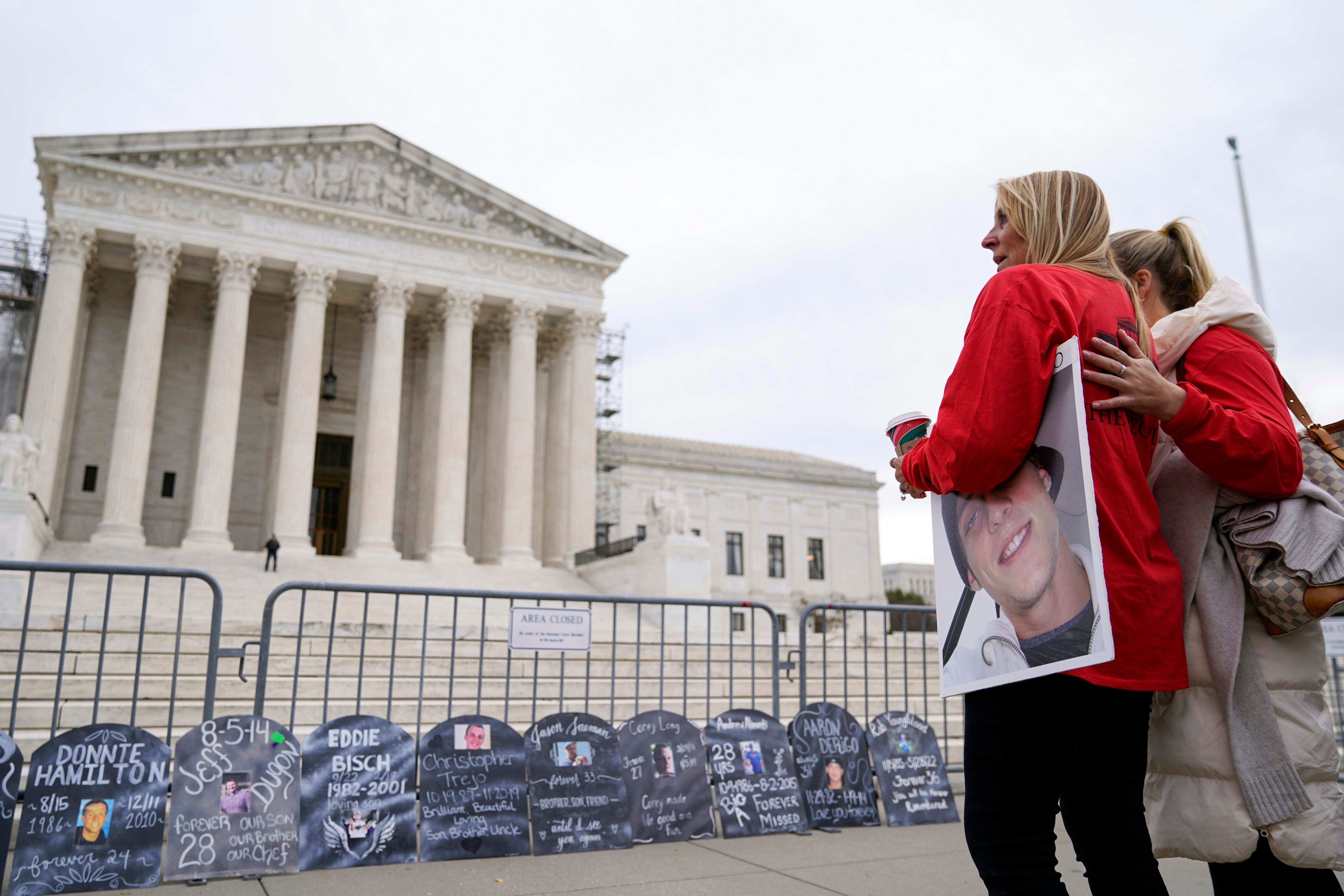Purdue Pharma, the makers and marketers of the highly addictive opioid OxyContin, and the family that owned the company, the Sackler family, have agreed to pay $7.4 billion to individuals, states, local governments and other claimants who suffered as a result of the drug, for their “instrumental role in creating the opioid crisis.”
The new settlement was announced on Thursday by 15 state attorney generals, including New York Attorney General Letitia James, just seven months after the U.S. Supreme Court struck down a previous settlement deal.
If approved, Purdue Pharma will contribute $900 million upfront while the Sackler family pays $6.5 billion over the next 15 years – a $500 million increase from the previous settlement.
Unlike the prior settlement, the new deal will not include a provision that protects the Sackler family from civil litigation – a point of contention that the Supreme Court said violated bankruptcy law.
However, they will be permitted to set aside up to $800 million in a separate account that can only be used to fight legal cases, the New York Times reported.
“The Sackler family relentlessly pursued profit at the expense of vulnerable patients, and played a critical role in starting and fueling the opioid epidemic,” James said in a press release.
“While no amount of money will ever fully repair the damage they caused, this massive influx of funds will bring resources to communities in need so that we can heal,” she added.
If approved, the settlement will end the Sackler’s control of Purdue Pharma and prevent them from selling opioids in the U.S. Funding will directly support opioid addiction treatment, prevention and recovery programs across the country for the next 15 years.
“We are extremely pleased that a new agreement has been reached that will deliver billions of dollars to compensate victims, abate the opioid crisis, and deliver treatment and overdose rescue medicines that will save lives,” Purdue Pharma said in a statement to The Independent. “We have worked intensely with our creditors for months in mediation, and we are now focused on finalizing the details of a new Plan of Reorganization, which we look forward to presenting to the bankruptcy court.”

Millions of people in the U.S. have been impacted by the opioid epidemic.
Between 1999 and 2021, more than 280,000 people died of overdoses involving prescription opioids, according to the CDC. In 2021 alone, the number of deaths involving prescription opioids was five times the number it was in 1999.
Purdue Pharma introduced 10mg prescriptions of OxyContin in 1996 and marketed it as a nonaddictive drug to treat daily pain. In 2000, the company introduced a 160mg tablet – now discontinued.
Deaths related to prescription opioids began to rise in the late 1990s into the 2000s. By the 2010s they had skyrocketed with increasing overdoses related to cheaper opioid alternatives like heroin.
In 2007, Purdue pled guilty to felony charges of “misbranding” the drug – including its risk for addiction – and agreed to pay $600m in fines. Over the next few years, lawsuits seeking damages began flooding Purdue Pharma and the Sacklers from victims, states, local governments, Native American tribes and more.







